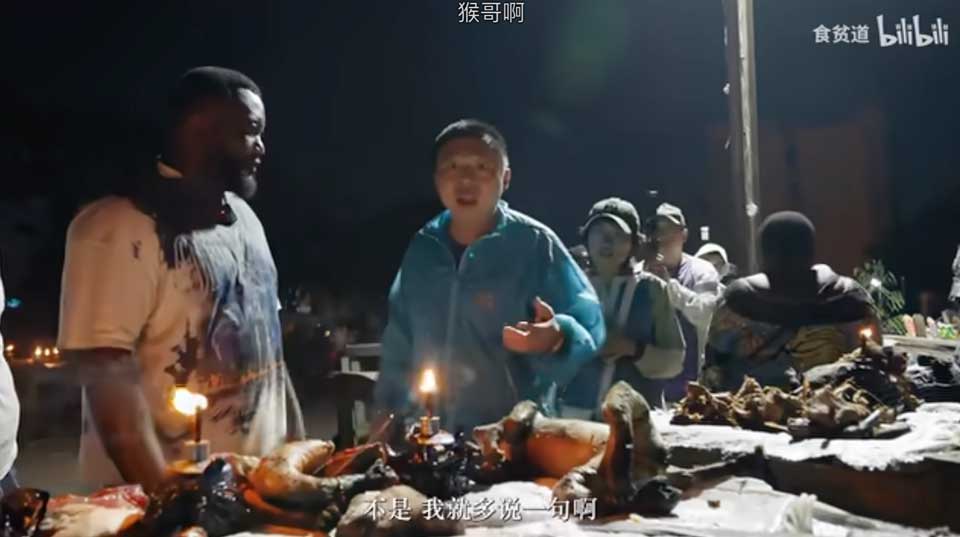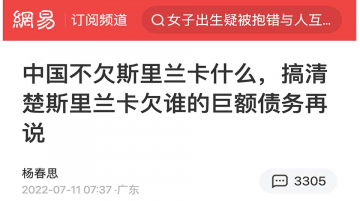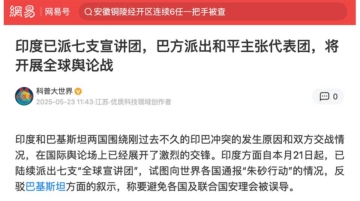
On the bustling streets of Brazzaville’s so-called “Ghost Market,” a Chinese food vlogger nicknamed Bing Shu captured what he called the “national dish of Congo”: a fresh-killed crocodile feast, right off the street-side chopping block. His wide-eyed reactions to grilled monkeys, with teeth still intact, and bubbling cauldrons of reptile stew quickly made the video go viral on Bilibili, China’s popular streaming platform.
But behind the shock and spectacle, a deeper conversation has taken root.
Some viewers were amazed that food could still surprise Chinese people. China, after all, has often been on the receiving end of global outrage for its own wildlife consumption. People recalled the eating of civet cats, once linked to SARS, and pangolins, which were suspected early in the COVID-19 pandemic. Others pointed out that crocodile meat is also sold in Guangdong night markets as a novelty food, though it comes from farms.
What followed was a wave of criticism aimed at the vlogger. Many found his expressions of disbelief and discomfort disrespectful. Some said it echoed the very kind of judgment that China once received from the West. One user wrote that their mother grew up in an extremely poor village. During a rat infestation, people ate rats out of necessity. The meat, she said, was tender. But when the crisis passed, no one continued eating them by choice.
Several others agreed that it is misleading to frame Congo’s food habits purely as cultural preference. Much of Congo’s land is not suitable for agriculture. There is limited livestock, and wild animals like monkeys or crocodiles may be the only affordable source of meat. One person contrasted this with China, where people can choose to eat crocodiles for curiosity or taste. In Congo, for many, there is no choice involved at all.
Why Is This Important?
This is more than a debate about what people eat. It is also a moment of reflection for Chinese viewers. Watching Congo, many are seeing something that looks like China’s own past. Hunger, improvisation, survival. And now, the risk of judging others in the same way China was once judged.
Africa is becoming a mirror, one that reflects how far China has come and how easily empathy can be lost. The conversations sparked by this video show the growing pains of a public coming to terms with its place in the world and with its history.










